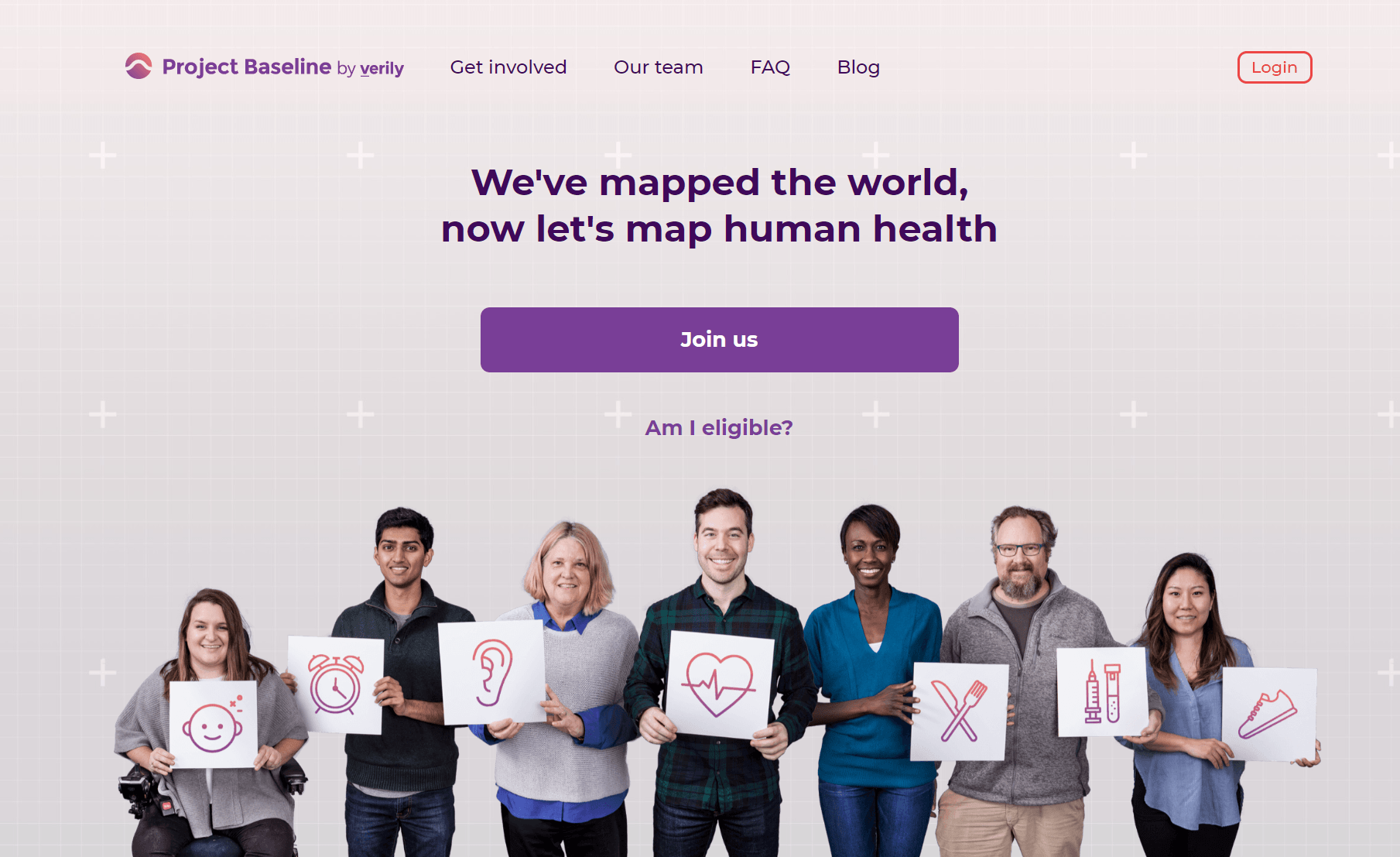
Verily, an Alphabet company, today announced a new Project Baseline initiative, the Baseline Health System Consortium, comprised of Verily, Duke University Health System, Vanderbilt University Medical Center, University of Mississippi Medical Center, Mayo Clinic, Regional Health in South Dakota and the University of Pittsburgh. Verily launched Project Baseline in 2017 with the Project Baseline Health Study to develop the technology and tools to help researchers create a more comprehensive map of human health.
This strategic collaboration will identify and develop solutions to significant challenges in clinical research, including making research more accessible and engaging for patients, clinicians, researchers, and research sponsors alike.
Bridging the Gap Between Research and Care to Further Precision Medicine
United by a vision of transforming clinical research, the consortium partners will embark on a pilot in 2019 to analyze existing research programs, and use tools and technology developed through Project Baseline, including the Baseline Platform — an end-to-end evidence generation platform — to make it faster and easier to conduct studies, capture health information in a more efficient way and generate better evidence to support scientific discovery. The consortium partners sit at the nexus of clinical research and clinical care and are uniquely positioned to help Verily iterate on its technology to bridge the gap between research and care and further precision medicine.
Consortium Leadership
Duke University School of Medicine, a collaborator in the Health Study, will partner with Verily on this next phase. Adrian Hernandez, M.D., M.H.S., Vice Dean of Duke University School of Medicine and a principal investigator for the Health Study, is joined by leaders in health research Manesh Patel, M.D., Duke University Health System; Russell Rothman, M.D., M.P.P., Vanderbilt University Medical Center; Javed Butler, M.D., M.P.H., M.B.A., University of Mississippi Medical Center; Veronique L. Roger, M.D., M.P.H., Mayo Clinic; Drew Purdy, M.D., Regional Health in South Dakota; and Kathleen McTigue, M.D., M.P.H., M.S., University of Pittsburgh, as representatives to the consortium. Robert Harrington, M.D., professor and chair of the Department of Medicine at Stanford Medicine, will chair the Steering Committee, building on Stanford Medicine’s role as a partner in the Health Study.
Recent Verily Projects
In founding the consortium and partnering with sophisticated health systems, Verily continues to build a robust research ecosystem, with the goal of delivering modern solutions for faster evidence generation and discovery. In February, Verily announced it was joining forces with the American Heart Association (AHA) on Research Goes Red, a new initiative to engage women in heart health research and discovery. Earlier this month, Verily launched the Project Baseline Heart Biomarker Study, expanding its research into risk factors for heart disease.
“The clinical research system fails to provide the evidence that patients and clinicians need to make good health and healthcare decisions,” said Robert Califf, M.D., former FDA commissioner and advisor, Verily. “By developing useful tools and approaches, this robust collaboration has the potential to drive more efficient and effective research as we link patients, advocacy groups, clinicians, health systems and researchers.
